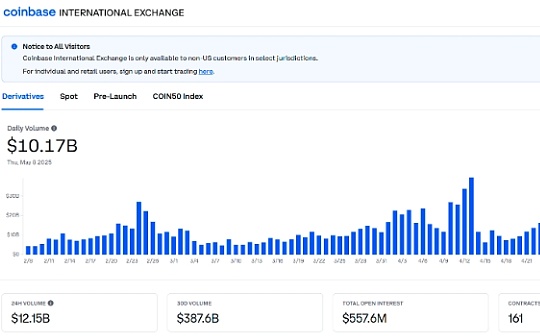Reverse filtering: How do crypto project founders choose the right VC?

Reprinted from panewslab
05/12/2025·23DAuthor: Alana Levin, Variant Investment Partner
Compiled by: Luffy, Foresight News
Just as VCs do due diligence on investment projects, founders should do due diligence on potential investors.
The top priority of VCs is to increase the chances of success in the company. VCs can achieve this in a number of ways, and determining how each investor can effectively support their startup should be at the heart of founder due diligence. If I am from the founder's standpoint, I will filter VCs according to the following conditions.
First of all, can VC really improve the chances of project success?
Can investors provide other value besides providing pure capital?
I think it's OK. Through a conversation with the founder, here are some of the most commonly mentioned ways VCs can really help.
Brand: Received to the "first tier" venture capital institutions, usually (at least in the short term) to enhance the company's brand. This provides direct help in recruiting talent. The brand halo effect is slightly less effective when hiring the first 10 employees, but it is crucial to attracting talent after the company reaches the A-Series phase or after it reaches the company’s Series A funding stage. Given that early recruitment of employees has a huge impact on the company’s development trajectory and culture, the founder’s ideal approach is to attract these talents from his network of contacts.
A strong brand means that the institution or partner is well-known, respected and seen as an important factor in the success of the project. Success is the best brand.
Knowledge and insight: Does investors have experience that can learn from to provide useful advice to entrepreneurs? Are they particularly good at identifying factors that affect the market or business?
There are actually two points here: First, VCs may accumulate relevant experience from successful companies in their portfolios (or their own similar experiences as founders); second, they are able to provide a clear understanding of the broader market dynamics, and the impact these dynamics may have on the company over the next 6 to 12 months.
Networking: Sometimes VCs can help the founder (or other functional leaders) reach the right people. "The Right Person" may include other executives or potential clients with relevant experience. Founders still need to fight for their own business, and few clients are obtained because of the influence of VCs. But investors can certainly help entrepreneurs at least open some doors they want to enter.
Promotion Channel: Some VCs have an audience, so being "KOLs" is part of the value they provide. This is obvious now: many VCs are trying to build their own promotion channels through podcasts, newsletters, X accounts, and more. Sometimes, these channels can indeed be an effective means of increasing visibility and attracting traffic for new startups.
You have received an investment invitation, what should you do next?
First of all, congratulations! The opportunity to choose from a range of competitive investment offers is both an achievement and a privilege. Take some time to enjoy the process.
You may have already had some intuitive judgment on the person you want to work with. The due diligence process often reveals situations, such as the type of questions people ask, the insights they share throughout the process, the speed of their responses to follow up, and whether they feel culturally compatible, etc.
It's time to verify this intuition. Here is the process I will follow in no order:
Conduct background checks for investors: These surveys should cover successful companies in the VC portfolio, as well as those on the verge of or have gone bankrupt. It is important to understand what kind of partners investors are in the face of success and stress. Ideally, these reference objects are companies that you may also work with.
Check the risk of conflict: Does the institution have a history of investing in competing companies? What's more, are they investing in any company that might theoretically compete with your company?
Consider the tenure of a partner at the institution: Usually, you choose both an institution and an individual partner. I encourage more founders to ask about potential partners’ ambitions and future plans. A related thinking experiment is to ask yourself: If this partner leaves tomorrow, will you still be interested in this institution?
Determine if the institution matches the stage your company is in: Whether a fund continues to invest in businesses at the same stage as your company can affect the usefulness of its resources, the degree to which your company is prioritized in resource allocation, and the relevance of the advice investors can provide. A $1 billion fund provides $5 million in seed round investment, which accounts for only 0.5% of its total allocation. Frankly speaking, if a fund invests $50 million to $100 million in a later-stage company, it becomes more difficult for the previous company to get internal attention and help from the institution.
Learn what the agency thinks about exit: This may sound a little weird. But in the current era when IPOs are becoming increasingly rare, understanding investors' views on acquiring or selling secondary equity can avoid many troubles in the future. Similarly, in the cryptocurrency space, understanding investors’ perceptions about selling tokens is a useful reference factor for token design and rollout strategies.
Choosing a partner is often a "one-way street". Picking the right VC can never "achieve" a company, but it can increase the chances of success of a company and at least make the founder's life a little better. Spending a few extra days to conduct due diligence on potential investors can pay off in the long run.


 jinse
jinse
 chaincatcher
chaincatcher